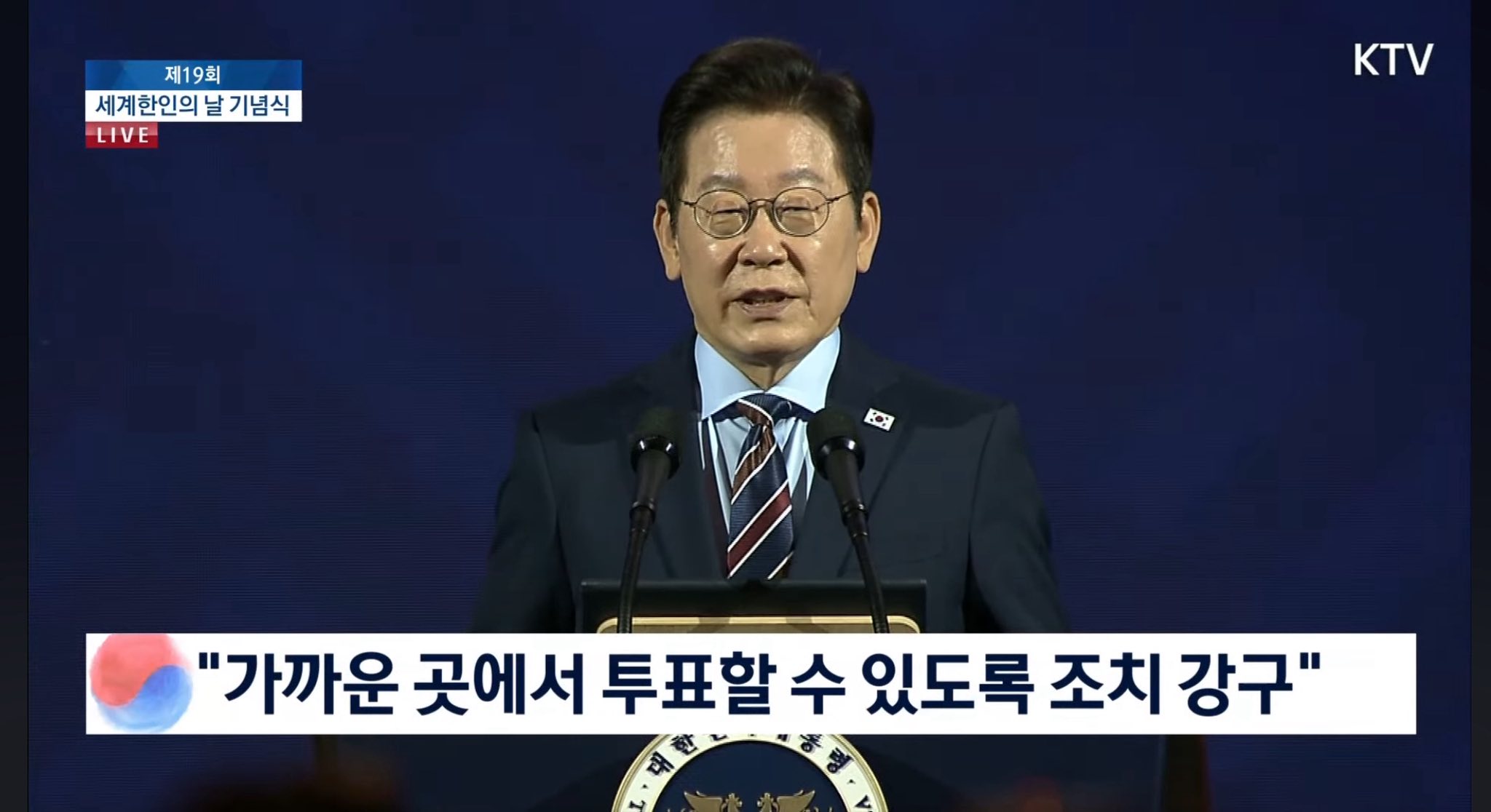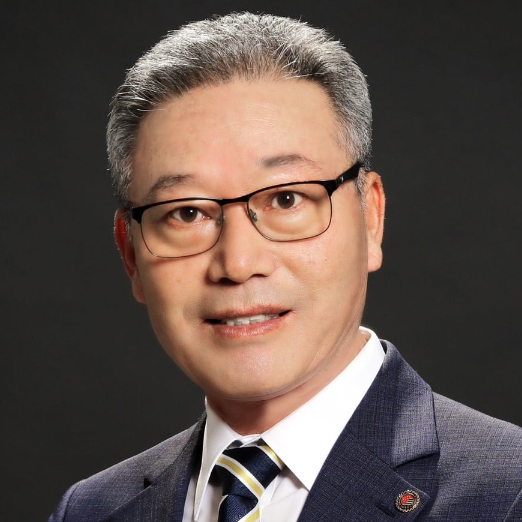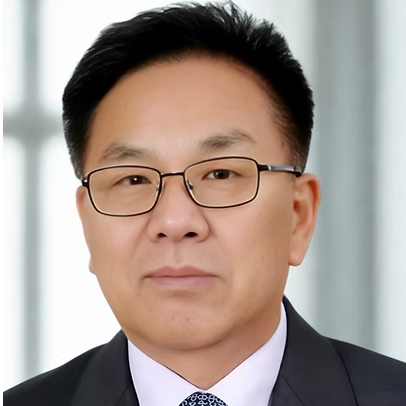Dual Citizenship Age Limit May Finally Expand

Overseas Korean Business Group Welcomes President’s Pledge
The Korean Diaspora Business Initiative (KDBI) has issued a statement welcoming President Lee Jae-myung’s commitment to lowering the age limit for dual citizenship, a long-held aspiration of overseas Korean communities. President Lee made the pledge during his address at the 19th annual World Korean Day celebration on October 2nd.
The KDBI stated that it is prepared to actively participate in building the public consensus necessary to expand the scope of dual citizenship.
Historical Context and KDBI’s Initiative
Legislation regarding multiple citizenship first emerged during the Kim Dae-jung administration in 1998 with the enactment of the Overseas Koreans Act, which initiated discussions on limited dual citizenship alongside the issuance of the domestic residence card (Geosojeung). However, due to opposition from countries like China and former Soviet states, its application remained restricted. The law was comprehensively revised in May 2010, resulting in the current restriction that permits dual citizenship only for those aged 65 and older.
Despite continuous appeals to the government and the National Assembly to lower the eligibility age from 65 to 50 or even 40, overseas Koreans had struggled to gain political traction. Finding renewed momentum under President Lee Jae-myung’s “Real Korea, Pragmatic State” philosophy, several key organizations representing Korean-American business interests united to form the KDBI.
The founding members include the Federation of Korean-American Commerce & Industry (Chairman: Hwang Byoung-koo), the Korean American Beauty Supply Association (Chairman: Na Sang-kyu), the Global Taekwondo Cultural Heritage Foundation (Representative: Park Chun-jae, Ph.D.), and the CosmoBiz Research Institute (Director: Chang Hyun-suk). The KDBI has formally proposed over ten policies, including the expansion of the dual citizenship age limit and a shift toward next-generation-focused policies for overseas Koreans.
Support from the Overseas Koreans Agency
Immediately following the inauguration of the new Minister of the Overseas Koreans Agency (OKA), Kim Kyoung-hyeop, the KDBI was the first organization granted an audience to deliver its policy proposal.
Minister Kim responded positively, stating, “As the person who was instrumental in creating the current OKA Act, I feel a great sense of responsibility,” adding, “I am pleased to find many points of agreement between the overseas Korean policies I envision and the proposals submitted.” He also emphasized that the approach to the next generation of Koreans must fundamentally differ from that used for the first generation, urging the KDBI to actively develop and propose effective, high-impact projects.
The KDBI representative conveyed the executive board’s commitment to cooperation and emphasized that while expanding the dual citizenship age limit requires public consensus, it should be treated as a priority government policy.
Business Leaders Express Optimism
The KDBI expressed delight that President Lee’s statement—pledging to “gather wisdom based on social consensus to resolve the issue of lowering the dual citizenship age”—confirms the government’s firm resolve.

Hwang Byoung-koo, Chairman of the Federation of Korean-American Commerce & Industry, remarked, “At our general assembly in Las Vegas in late August, we discussed various policies to boost the participation of second and third-generation Koreans. We are pleased to hear the President’s promise to provide practical support for the education, culture, and networking of these next-generation members.”
Chairman Hwang also pointed to U.S. Census Bureau data showing that U.S.-born Koreans now account for almost 40% of the total 2 million Korean Americans, nearly matching the 41% share of the first generation. “Including the English-speaking 1.5 generation, the proportion of the first generation is actually lower. This reality drives the realization that organizations like our first-generation-centric Federation must actively evolve to align with the OKA’s policies,” he added.

Na Sang-kyu, Chairman of the Korean American Beauty Supply Association, who leads an industry generating an annual revenue of $5 billion through 6,500 stores across the U.S., shared his perspective as a business leader: “Business ownership is being passed down to the next generation. These young executives face challenges not just with language, but with a fundamental difference in mindset due to their Western-style education, making it difficult to bridge the gap with the first generation. We plan to collaborate with the OKA to find wise solutions to these issues.”
